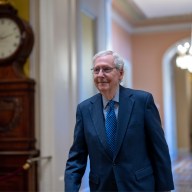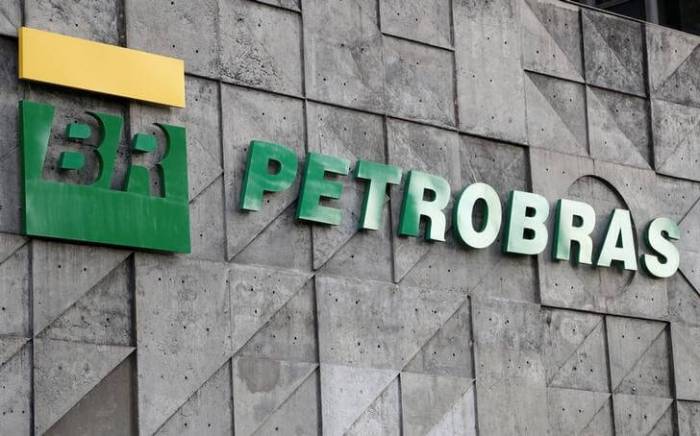By Gertrude Chavez-Dreyfuss
NEW YORK (Reuters) – The euro weakened on Thursday, as investors were unimpressed by the European Central Bank’s stimulus measures to fight the economic fallout from the coronavirus outbreak.
Investors instead flocked to safe-haven currencies such as the U.S. dollar and Japanese yen.
The ECB approved fresh stimulus measures on Thursday to help the euro zone economy cope with the growing cost of the coronavirus epidemic, but kept interest rates unchanged
“The ECB has been grasping for straws,” said Erik Bregar, head of FX strategy, at Exchange Bank of Canada, in Toronto.
“Arguably they still don’t know what to do. But they very much felt the pressure to at least do something because every other central bank is lowering interest rates or doing multi-policy fronts that will help banks and businesses.”
The fact that the ECB did not cut interest rates was a “minor surprise” for the market given that the money market curve had priced in a 10 basis-point easing.
In mid-morning trading, the euro fell more than 1% to $1.1172 The dollar rebounded sharply after the ECB announcement, and was last up 1% against a basket of currencies at 97.513 <=USD>
Analysts said the dollar had rallied as swap spreads on major currencies blew out and investors scrambled for the U.S. currency.
“It’s all about dollar liquidity, the cross-currency basis swap has blown out. I would assume it’s banks/corporates driven. We are moving to the next phase of the selloff,” said Kenneth Broux, a strategist at Societe Generale. The dollar had earlier struggled after U.S. President Donald Trump banned travel from Europe to stem the coronavirus.
With the latest ban posing a fresh disruption to the global economy, traders were also disappointed by the lack of broad measures in Trump’s plan to fight the pathogen, prompting traders to bet on further aggressive easing by the Federal Reserve. Money markets are now expecting another 100 bps of easing from the Fed by next week taking the benchmark policy interest rates to zero after a hefty half point rate cut last week.
The dollar fell 0.5% against the Japanese currency Risk aversion was the dominant theme in currency markets on Thursday as Asian, European, and U.S. stock markets were a sea of red, forcing traders to stampede out of currencies heavily geared to the global economy such as the Norwegian crown Trump announced on Wednesday a ban on travellers from 26 European countries entering the United States for a month.
He unveiled economic steps to counter the virus but his address from the Oval Office was light on medical measures beyond assurances that “the virus has no chance against us”.
(Reporting by Gertrude Chavez-Dreyfuss; Additional reporting by Saikat Chatterjee in London; Editing by Marguerita Choy)
















